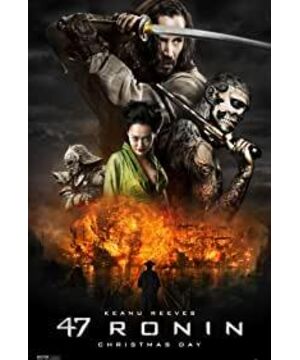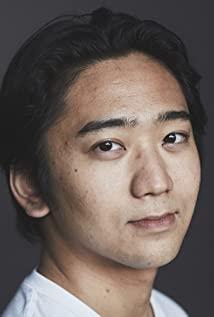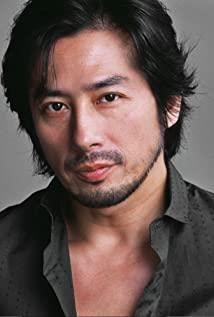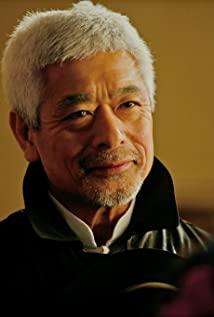After the child escaped from the forest, he met Asano, an ancient Japanese lord, who was similar to the princes of the Zhou Dynasty in China. The feudal lord really likes the kid, and his daughter fell in love as he grew up with him (old love story, you know from the start they won't make it). But the lord's subordinates disliked this unidentified child very much, despised him and insulted him, calling him a bastard. In fact, he had a very mighty name "Kui".
What I don't understand is that this child, even though he was despised by other samurai and worked hard for it, including saving a samurai during a monster hunting operation, the samurai was very cold about his life-saving grace, and instead said: "Like you. Such bastards saved me, it's an insult to the samurai." It seems that this hierarchical system is the same in China and Japan. We classify it by Shi, Nong, Industry and Commerce. What is the classification in Japan? Where did the samurai feel of good self come from?
Seeing this, you will definitely guess the content behind the movie. Usually, this kid joins the samurai team and gets everyone's approval. Yes, in a reception for other lords and generals, the lord of Asano, who was the host, was killed by another feudal lord who coveted his territory through his witches. This perverted Japanese way of dying has never been understood, but in Japan it is a noble way for a suicide to die with dignity and to preserve the honor of the family. The same people from the East, people of the yellow race who are also influenced by the benevolence of Confucianism and chivalry of Mohism, are the differences that big yesterday?
The samurai under the feudal lord of the last story avenged the lord, killed the evil enemy, and took back the beautiful princess. Surprisingly, the witch turned out to be the incarnation of a fire-breathing dragon, which is also the Western definition of a dragon: evil. This makes our country's emperor who is the real dragon and the emperor to gain the right to rule!
Just like the meaning of the chrysanthemum and the sword, the samurai will wither like a cherry blossom after completing the righteousness with the sword, and the movie ends in tragedy. Forty-seven ronin were given death by the shogun (except for the son of the other protagonist, Oishi) for violating the shogun's order not to take revenge. The image of the ronin lives in the hearts of the Japanese, and has been passed down by the Japanese from generation to generation, and their legends are still circulating in the rivers and lakes. In another sense, there is no death, just as Lao Tzu said, one who dies without dying has a long life.
In the impression, Levi's also acted in a movie about samurai. Why does he like Japanese culture so much, and does he also like to practice Zen like Steve Jobs? Also suddenly he had an oriental face and came to Japan to find his roots? However, I heard that the Japanese all come to Yunnan, China to ask about their ancestors, so I suggest that Xiao Li also go directly to China.
View more about 47 Ronin reviews











